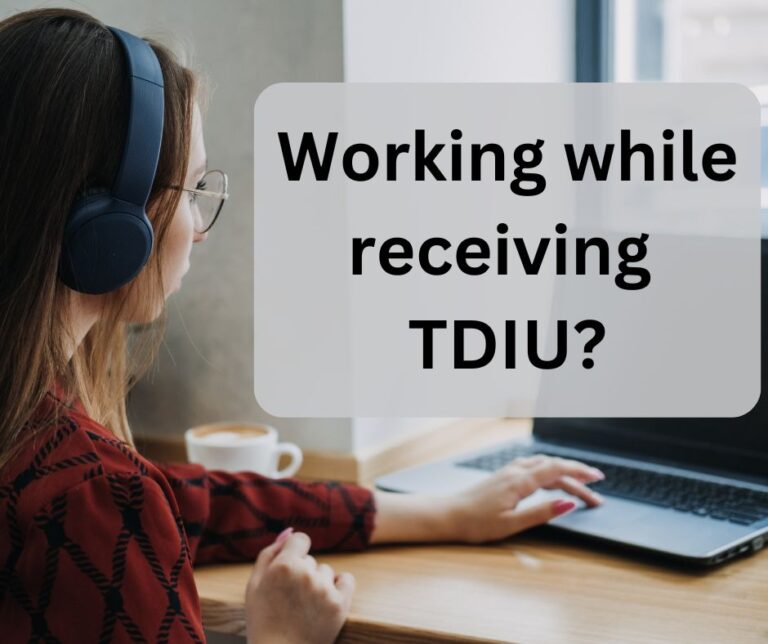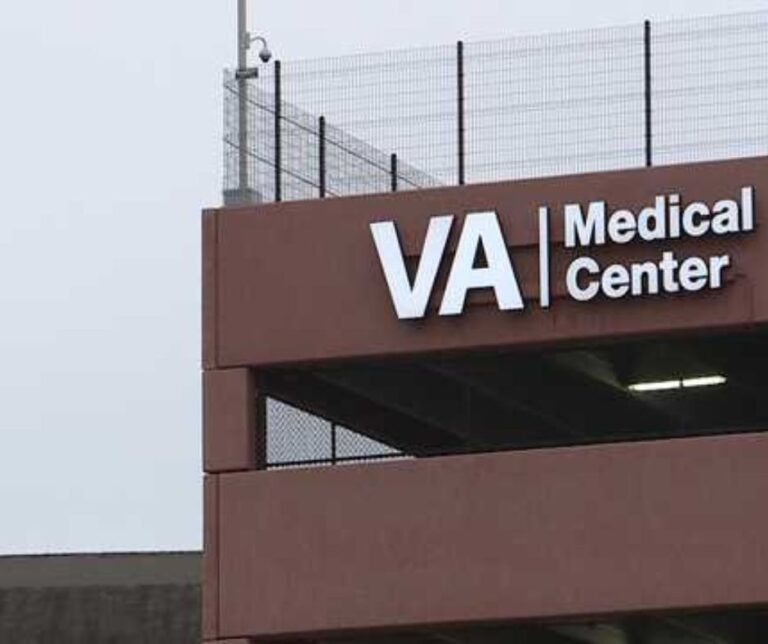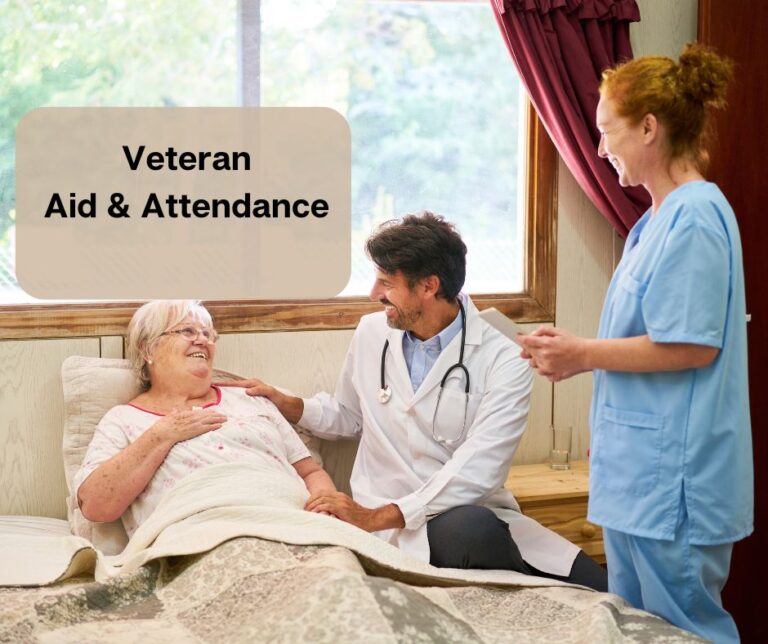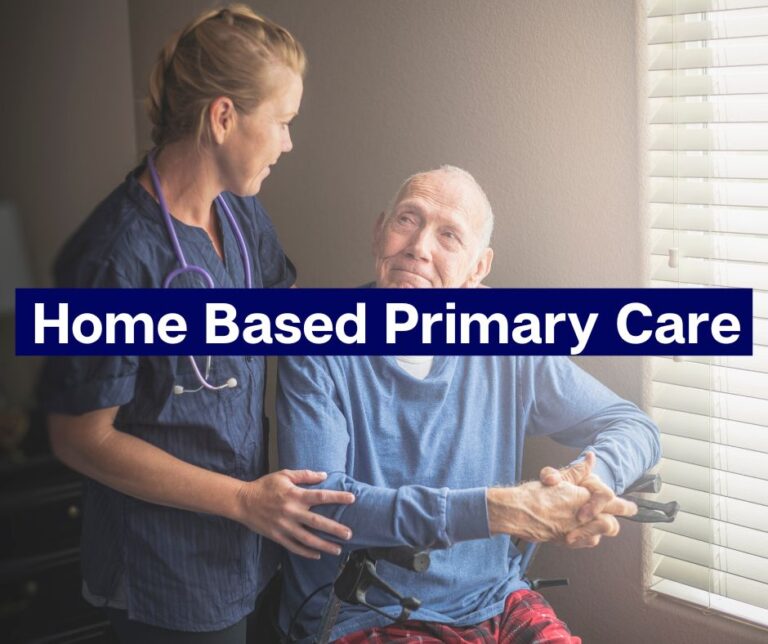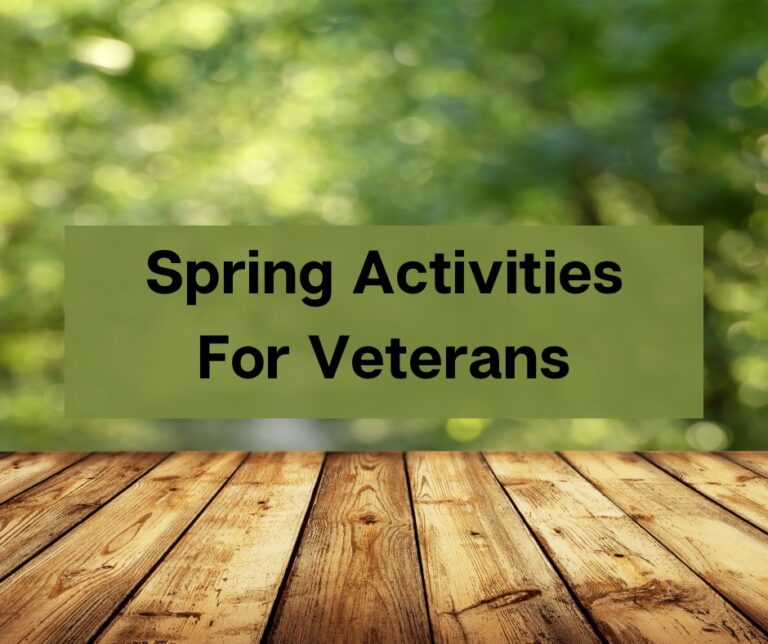10 Ways to Deal with PTSD – A Veteran Prespective
Notice that I am talking about how to deal with PTSD, not treating, curing, or fixing PTSD. That is because for many, there may be no ‘cure’. PTSD is something that, more often than not, will not disappear in time.
I am not a psychologist, psychiatrist, or and type of medical professional. I am a Veteran who has PTSD, and have learned to deal with the effects of it over time. Therefore, though I do not claim to have all the answers, I do have some experience with the subject.
Before we delve into ways of handling PTSD, there are a few key points to make.
- PTSD does not come just from combat experiences. Many people who have never been in the military also suffer from Post-Traumatic Stress Disorder.
- All traumatic events are not the same. What may induce PTSD in you may be totally different from what may induce it in someone else. This does not mean that you are weaker or stronger. It simply means we are all different and respond to things in different manners.
- PTSD is not weakness. It is the mind’s attempt to deal with a stressful even that occurred.
NOTE: If you are currently in a crisis situation, call the Veteran Crisis Line at 1-800-273-8255 or call 911.
With that being said, the following are ten methods of dealing with PTSD and its effects in life. Many of these are things which I engage in. Others are methods that friends have said work well for them. In no particular order:
Exercise as a Method to Deal with PTSD
I work with another Veteran who works out on a daily basis. He has a home gym which he has outfitted with a complete weight training system. Most mornings he is up early and spends some time lifting weights. If he overslept, though, he will lift when he gets home after the workday. He has said many times that the weight lifting is a major means of helping him control his PTSD.
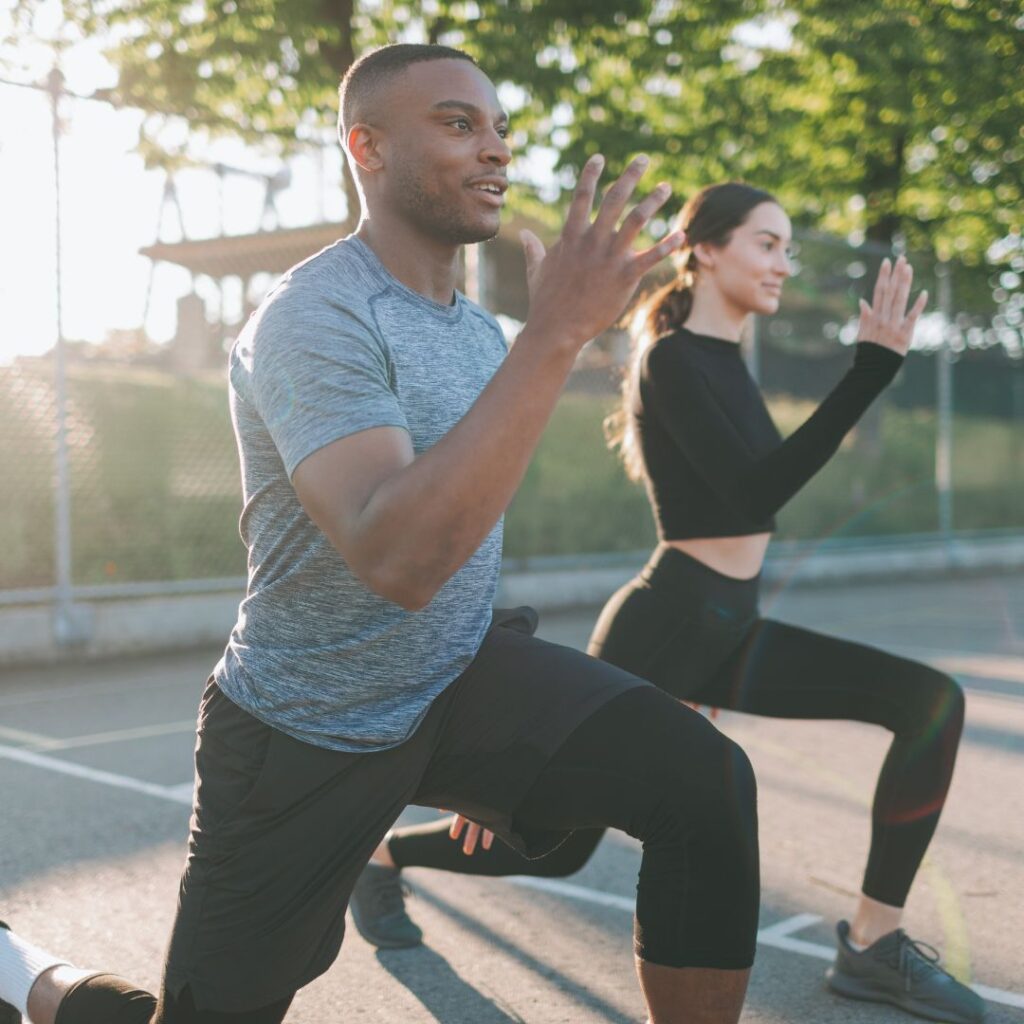
Studies by prominent research institutes are suggesting that exercise may indeed be instrumental in reducing PTSD symptoms. Many Veterans are taking part in various exercise programs. These could include sports such as surfing, rock climbing, weight lifting and long distance running. Reports show that physical activity boosts a Veterans well-being not only physically, but mentally as well.
Fishing as a Method to Deal with PTSD
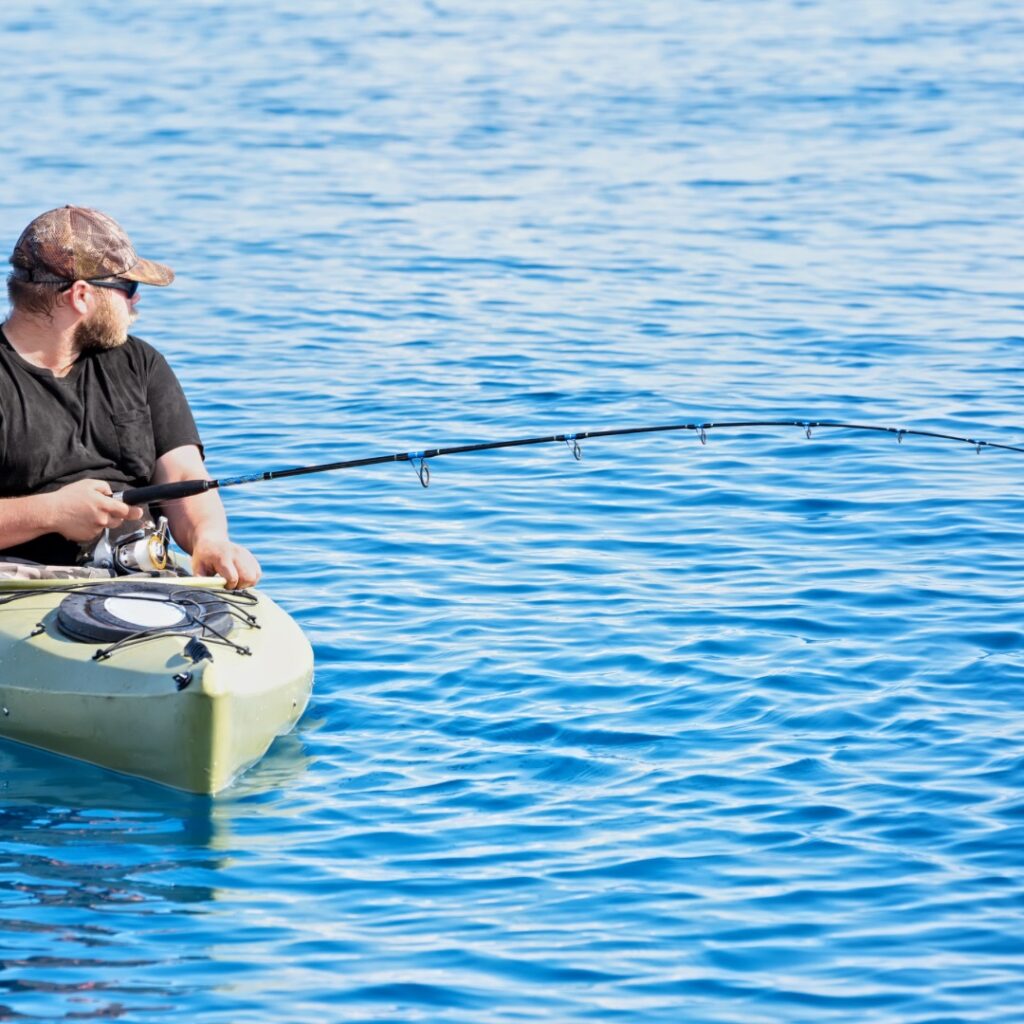
Northwest Arkansas has a local chapter of Heroes on the Water. This nonprofit exists to serve Military, Veterans, and First Responders by providing a time and means to take time to heal. They provide rest and relaxation on no expense kayak fishing trips, letting the Veteran and family enjoy quiet and peace together in nature. Other nonprofits which do much the same thing include Project Healing Water, Take a Vet Fishing, Rivers of Recovery and Take a Warrior Fishing.
There are many benefits to fishing that these nonprofits have made available to Veterans. Fishing requires a focus. It brings a very in-the-moment state which allows the Veteran to unplug from daily life and focus on that next small ‘mission’ of catching a fish. It engages the Veteran and gives them a time of control over what they are doing. And, most of the time the activity takes place in areas of natural beauty, bringing the calming effect from nature. Taken all together, these fishing expeditions can be incredibly therapeutic for sufferers of PTSD.
Nature as a Method to Deal with PTSD

Fishing (above) is a sub-topic of nature therapy. Researchers have posited for decades that being in nature is therapeutic, offering many different benefits. These benefits can range from stress relief and healthy coping mechanisms all the way to improved sleep and physical health. There are a variety of nature related nonprofits for Veterans. They provide Veterans the means to do everything from climbing mountains to scuba diving. They can even take 2-3 month long retreats into the wilderness of North Carolina, Utah, or Arizona.
The outdoor store REI pledged $1 million in 2018 to help fund a study through the University of Washington testing the benefits of wilderness hiking for Veterans with PTSD. There has been tons of anecdotal evidence of the benefits of nature therapy, but REI And Washington State want to show the medical evidence of the outdoors as being beneficial (O’Brein 2018).
Journaling to Deal with PTSD
It should be no surprise to see journaling listed as a means to help with PTSD. I have participated in several different types of counseling and most of the time, the counselor suggests journaling as a means of therapy. I admit that it took me a long time to learn to journal and keep at it. It took finding the proper materials to induce me to become more dedicated to keeping a journal, and I can attest to the helpful effects of putting pen to paper.
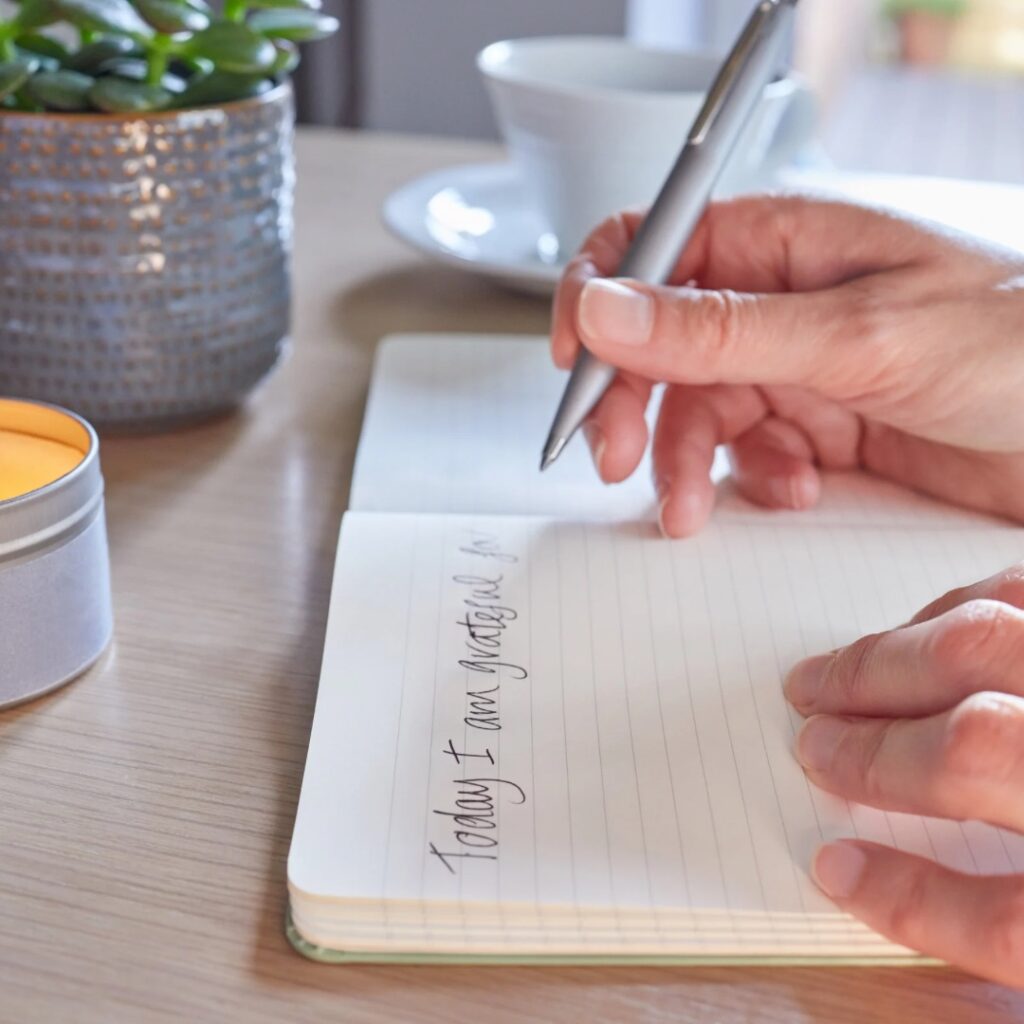
The VA has published a guide to Therapeutic Journaling in which writing is identified as being beneficial to health (Veteran’s Administration n.d.). This agrees with several studies which suggest that daily journaling allows people to release their thoughts and emotions, and in so doing helping them to understand and interpret those experiences as they write about them.
Meditation and PTSD
Studies in the use of meditation as a treatment to deal with PTSD are relatively new, without a large body of experience. However, many practitioners tout the benefits of meditation in handling stress and anxiety, some of the main symptoms of PTSD. As mentioned in the above section on fishing, meditation is also a means of creating an ‘in-the-moment’ space to help the person focus.

The VA Hospital located here in NWA offers several different therapies including Tai-Chi, the internal Chinese martial art focusing on both defense training and meditation. As with many VA facilities, they also offer Yoga to help with mindfulness, along with sessions on Breathing and Meditation. These are offered in the VA Whole Health program to offer alternative therapy options.
Animal Therapy and PTSD
People have known about the benefit of animals to people health for a long time. Cats and dogs commonly visit nursing homes or hospitals to help people recover or simply to bring comfort. And over the past two decades of returning Veterans and the attendant increase of PTSD, animals are being turned to as another alternative treatment.
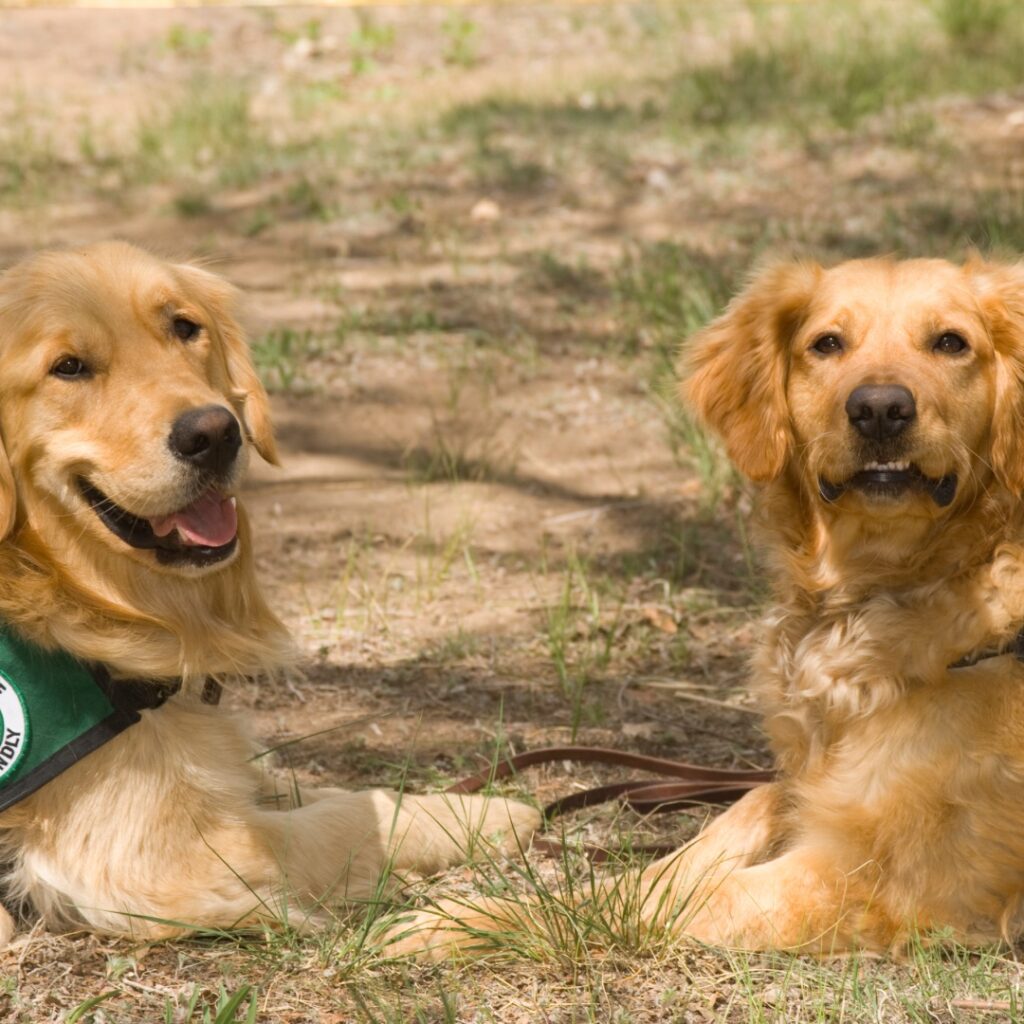
In Northwest Arkansas there are at least two nonprofits which assist Veterans by providing horse therapy. This can come in the form of developing horsemanship skills in riding, or relational skills in caring for the horses. Both are means to introduce the Veteran to building trust-based partnerships with the horses and gaining self-confidence and a better ability to handle other relationships.
Dogs offer many benefits for those with PTSD. They are nonjudgmental, offering a loving companion who is reliant in many ways on their owner instilling a need to take care of the animal. The owner can find a sense of accomplishment in taking proper care of the dog. In addition, dogs are inherently protective, letting the person with PTSD know that they always have someone who has their personal best interest at heart.
Hobbies and PTSD
Hobbies are a form of meditative therapy in and of themselves. If it is a hobby that you are passionate about, it can give you both a challenge and a sense of accomplishment. All of this while also allowing you to unplug from the world for a while and just concentrate on what you enjoy. And there are hundreds of hobbies to choose from, so finding one to suit your particular likes shouldn’t be a problem.
Group Therapy and PTSD
Life was never meant to be lived alone. Remember the words of the poet John Donne “No man is an island…”. We were meant to live in concert with others. Too often those with PTSD become hermits, isolating themselves at home and avoiding contact with others. These self-destructive tendencies will rarely be helpful and usually bring about even greater problems.
Life was never meant to be lived alone. Remember the words of the poet John Donne “No man is an island…”. We were meant to live in concert with others. Too often those with PTSD become hermits, isolating themselves at home and avoiding contact with others. These self-destructive tendencies will rarely be helpful and usually bring about even greater problems.
Group therapy, or support groups, are an often maligned means of support. “Hello, my name is Chris and I am…” fill in the blank. We see memes, cartoons and spoofs of this type of introduction. However, support groups are helpful in not only letting you know that you are NOT alone but also putting you in touch with others who may have a different outlook. That Veteran sitting beside you may have an idea for helping with the symptoms of PTSD that you have never tried. And, they understand. Sometimes that is all we want to know, that someone else understands what we struggle with.
Traditional Therapy and PTSD
If a Veteran (or anyone) dealing with PTSD has sought counseling, this is probably their experience. They have traditionally undergone one of several different types of counseling styles to help them learn how to manage the symptoms of their PTSD. It is likely they are also on some type of mental health medication.
These types of therapies include things like Prolonged Exposure Therapy, Cognitive Processing Therapy and Eye Movement Desensitization and Reprocessing therapy. I do not have the credentials to examine any of these therapies. However, I would refer you to your local VA Hospital for more information.
Volunteer
Volunteering is an excellent means to help deal with PTSD. Whether you volunteer at your local animal shelter, homeless shelter, or Boys & Girls club, it is hard to continue feeling depressed when you are actively involved in helping others who often have it worse than you could ever dream of. Volunteering helps the community, and it makes us feel good about the time and effort we are putting in to help others.
And there you go. That is a Veterans perspective on 10 ways to deal with PTSD. Are you suffering from PTSD? Do you have other things you use to help deal with the battle against nightmares, sleepless nights, depression, anger and anxiety? Please leave a comment below with your particular means. Who knows, you may share that one way that can help a fellow Veteran handle PTSD for a more fulfilling life.
If you have any questions, let us know!
God Bless,
from NWAVet



